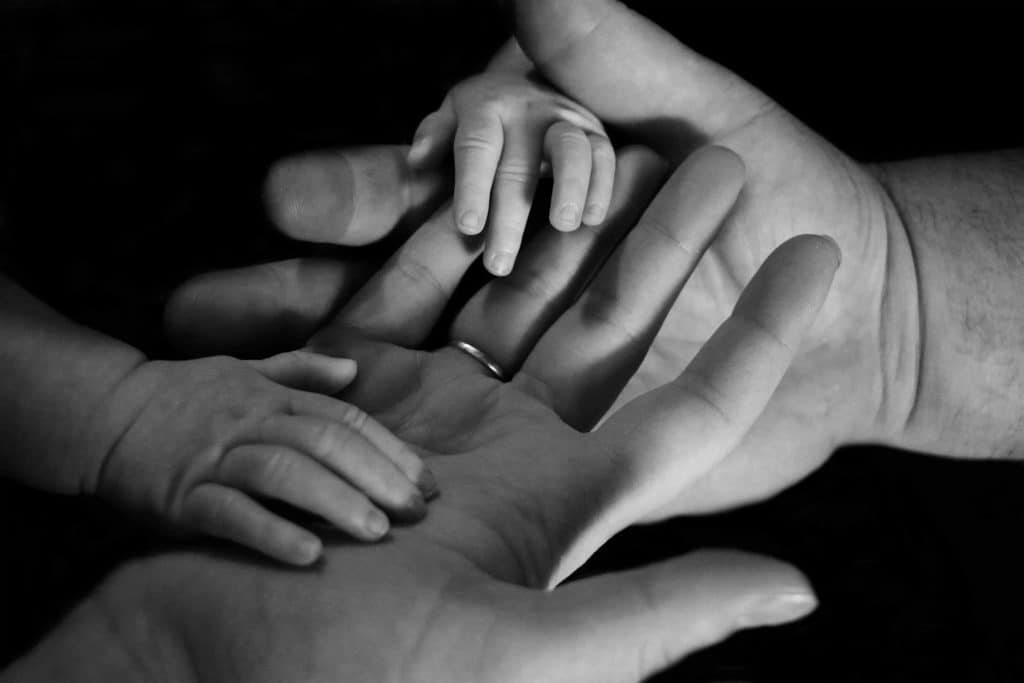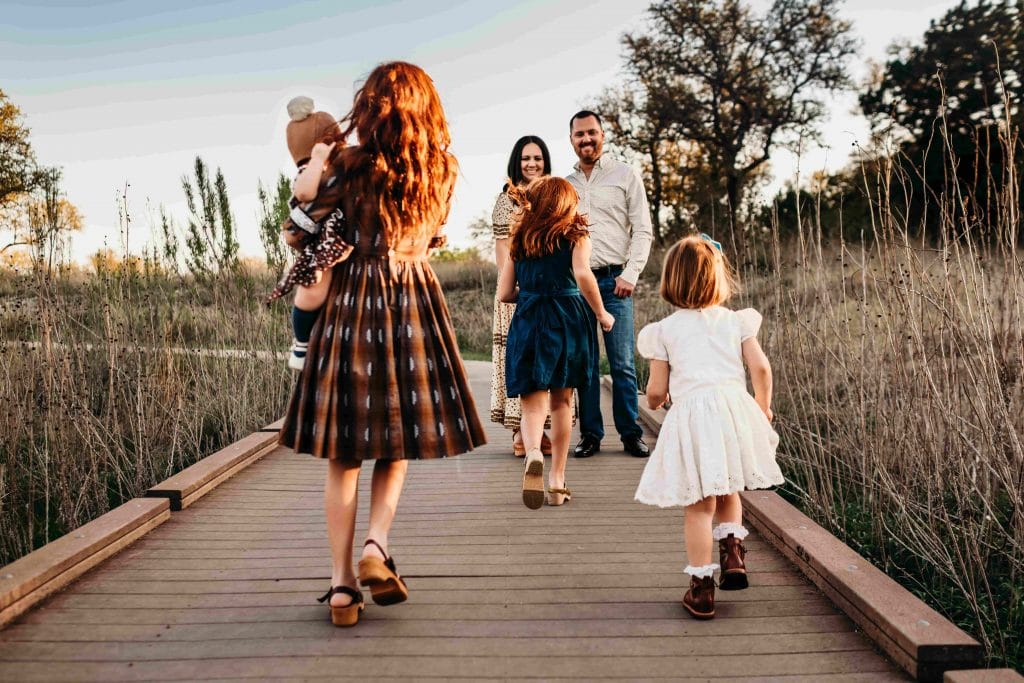Wills
Wills Quotes
Fill out the form below
How It Works
Our short and simple process introduces you to carefully selected Will specialists.
It’s never too early to start planning for your death. In fact, one of the most important things you can do during your lifetime is create a will.
No matter your age or circumstances, it’s never too early to start planning for your death. If you don’t have a will in place, now is the time to create one. It’s an important step in ensuring that your wishes are carried out and that your loved ones are taken care of after you’re gone.
What is a will and what does it do

A will is a legal document that allows you to designate who will inherit your property and assets after you die. It can also be used to appoint a guardian for your children. If you don’t have a will in place, the courts will decide how your property is distributed, which may not be in accordance with your wishes. A will can also help to avoid family disputes after your death.
Why you need a will
There are many reasons why you need a will, regardless of your age or circumstances. A will allows you to control what happens to your property and assets after you die. Without a will, the courts will decide how your property is distributed, which may not be in accordance with your wishes.
A will also allows you to appoint a guardian for your children. If you don’t have a will, the courts will decide who will care for your children if something happens to you.
Another important reason to have a will is to avoid family disputes after your death. If you don’t specifically designate who will inherit your property and assets, it’s likely that there will be disagreements among your loved ones. A will can help to avoid this by clearly stating your wishes.
The benefits of having a will

There are many benefits to having a will in place. Some of the most important benefits include:
- Control over your property and assets – A will allows you to designate who will inherit your property and assets after you die. This can be helpful in preventing family disputes after your death.
- Appointment of a guardian for your children – If you have minor children, a will allows you to appoint a guardian for them in the event of your death. This can help to ensure that your children are taken care of by someone you trust.
- Avoidance of probate – Probate is the legal process of distributing a person’s property after they die. If you have a will, your property can be distributed according to your wishes without going through probate. This can save your loved ones time and money.
- peace of mind – Having a will in place can give you peace of mind knowing that your wishes will be carried out after you die.
Creating a will is an important step in ensuring that your wishes are carried out after you die. If you don’t have a will, now is the time to create one. You can do this by working with an attorney or using an online service.
What happens if you don’t have a will
If you don’t have a will in place, the courts will decide how your property is distributed after you die. This may not be in accordance with your wishes, and it can lead to family disputes. Without a will, you also won’t have any say in who will care for your children if something happens to you. Your loved ones will have to go through the legal process of probate, which can be time-consuming and expensive.
Creating a will is an important step in ensuring that your wishes are carried out after you die. If you don’t have a will, now is the time to create one. You can do this by working with an attorney or using an online service.
How to create a will
If you’re ready to create a will, there are a few things you need to know. Here are the steps you need to take to create a will:
1. Decide who will inherit your property and assets. This can be anyone you choose, including friends, family members, or a charity.
2. Choose an executor for your will. This person will be responsible for carrying out your wishes after you die.
3. Draft your will. You can do this yourself or work with an attorney.
4. Sign and date your will in the presence of two witnesses.
5. Store your will in a safe place, such as a safe deposit box.
Creating a will is an important step in ensuring that your wishes are carried out after you die. If you don’t have a will, now is the time to create one. You can do this by working with an attorney or using an online service.
What to include in your will

When you’re creating your will, there are a few things you’ll need to include. Be sure to include the following:
- Your full name and address
- The names and addresses of your beneficiaries
- The name and address of your executor
- A list of your property and assets
- Any specific instructions for your executor
Conclusion
Creating a will is an important step in ensuring that your wishes are carried out after you die. If you don’t have a will, now is the time to create one. You can do this by working with an attorney or using an online service.
In order to create a valid will, there are a few things you need to know. First, you’ll need to decide who will inherit your property and assets. Next, you’ll need to choose an executor for your will. This person will be responsible for carrying out your wishes after you die. Finally, you’ll need to draft and sign your will in the presence of two witnesses. Once your will is complete, be sure to store it in a safe place.
By taking the time to create a will, you can ensure that your wishes are carried out after you die. This can give you and your loved ones peace of mind during an already difficult time.
FAQs
Everything you may need to know about our services and commitment will be included here. If you can’t find the answer you’re looking for then please contact us so we can help.
-
What is the process of creating a will?
The process of creating a will typically involves meeting with an attorney to discuss your estate and what you would like to happen with your assets after you die. You will then work with the attorney to create a document that details your wishes. After the document is finalized, it must be signed in the presence of two witnesses.
-
Who should be included in a will?
Anyone who you want to inherit your assets. This can include your spouse, children, parents, siblings, and other close relatives. You can also choose to leave your assets to friends, charities, or other organizations. It's important to remember that a will is only valid if it is executed according to the laws of the state where you reside. So be sure to consult with an attorney if you have any questions about how to create a will that is valid in your state.
-
Are there any specific things to keep in mind when creating a will?
Yes, there are several things to keep in mind when creating a will. First, you should choose an executor that you trust to carry out your wishes after you die. You should also make sure to name guardians for your minor children, and list your assets and who will inherit them. It's also important to review your will regularly and update it as needed, especially if your circumstances change.
-
How do you know if you need a will?
There is no one-size-fits-all answer to this question, as the need for a will depends on a person's unique situation. However, some general guidelines include if you have children, own property, or have other significant assets that you would like to leave to someone specific after your death. A will is also an important document to have in place if you want to appoint a guardian for your minor children in the event that something happens to you. Without a will, the courts would appoint a guardian whom they believe is best suited to care for your children - and you may not agree with their decision.
-
What are the benefits of having a will?
A will is a document that specifies how you want your property and assets to be distributed after you die. There are several benefits of having a will. First, a will allows you to name an executor who will be responsible for carrying out your wishes after your death. Second, a will can help ensure that your property is distributed according to your wishes. Third, a will can provide for the care of your children if they are minors. And fourth, a will can minimize estate taxes and other administrative costs associated with settling an estate.
-
Are there any risks associated with making a will?
Yes, there are risks associated with making a will. For example, if you make a mistake when drafting your will, the document may not be legally valid. Another risk associated with making a will is that it may not cover all of your assets. For example, if you have assets that are not included in your will (such as property that you own jointly with another person), those assets will not be distributed according to your wishes. Finally, another risk associated with making a will is that it may not be updated regularly to reflect changes in your personal circumstances. For example, if you get married or divorced after making a will, the terms of the will may no longer be applicable.




